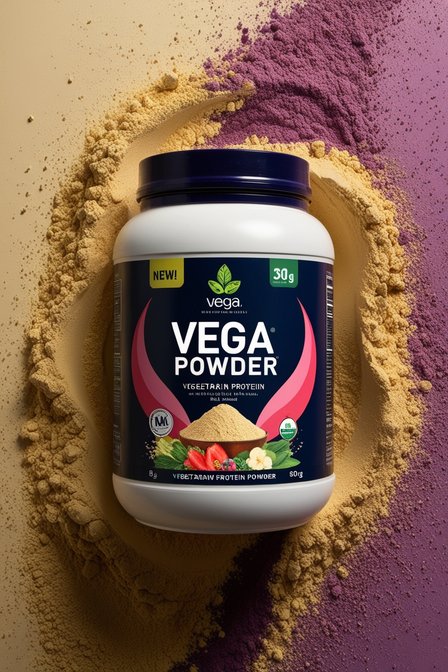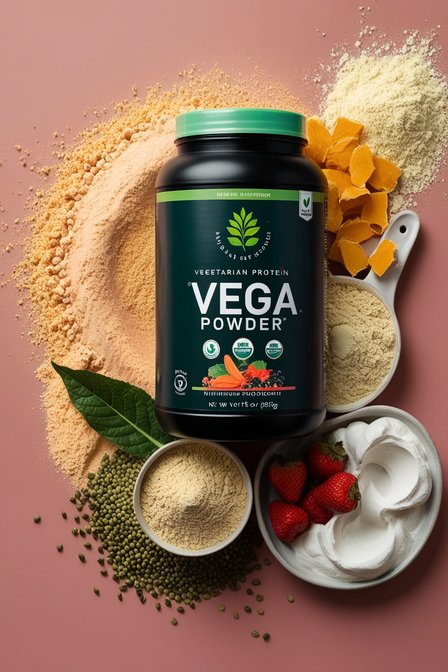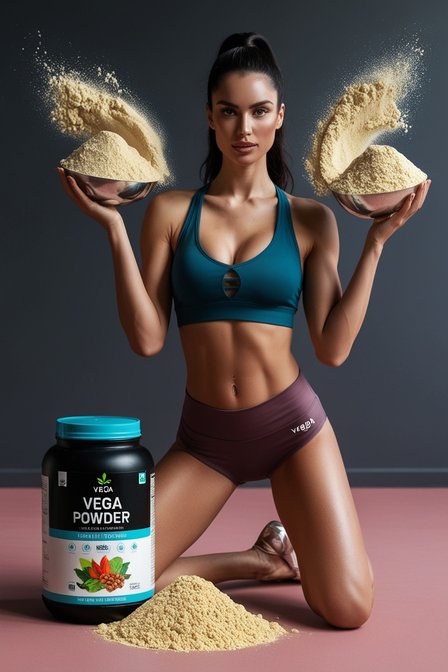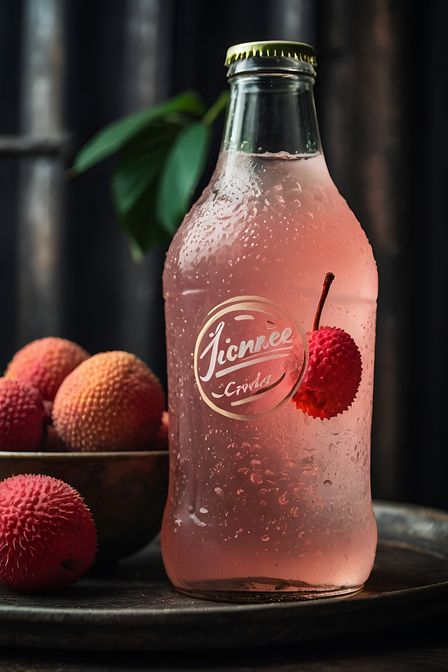The Rise of Vegan Leather: A Sustainable Alternative
Vegan leather, a material designed to mimic the look and feel of animal leather, has emerged as a popular alternative in the fashion and upholstery industries. This innovative product is part of a broader trend towards sustainability and ethical consumerism, reflecting a growing awareness of the environmental and ethical issues associated with traditional leather production.
What is Vegan Leather?
Vegan leather is crafted from a variety of natural and synthetic materials, none of which involve animal products. Common sources include polyurethane (PU), polyvinyl chloride (PVC), and natural fibers such as cork, pineapple leaves (Piñatex), apple peels, and mushroom mycelium. These materials are engineered to replicate the texture, durability, and appearance of traditional leather, offering a cruelty-free and eco-friendly alternative.
Environmental Benefits
One of the most significant advantages of vegan leather is its reduced environmental impact. Traditional leather production involves extensive use of water, land, and chemicals, and contributes to deforestation and greenhouse gas emissions. In contrast, vegan leather production can be less resource-intensive and environmentally damaging, especially when using natural and biodegradable materials. For example, Piñatex, made from pineapple leaves, utilizes agricultural waste, reducing the need for additional resources and minimizing waste.
Ethical Considerations
The ethical appeal of vegan leather is a major driving force behind its popularity. Animal leather production is often associated with animal cruelty, as it involves raising and slaughtering animals for their hides. Vegan leather provides a guilt-free alternative for consumers who are concerned about animal welfare. By choosing vegan leather, consumers can support more humane and sustainable practices in the fashion industry.
Innovative Materials
The development of vegan leather has led to the creation of several innovative materials. Piñatex, made from pineapple leaf fibers, is a prime example. This material is not only sustainable but also provides a unique texture and aesthetic. Similarly, apple leather, made from apple waste, offers a biodegradable option that reduces food waste. Mushroom leather, derived from mycelium, is another groundbreaking material that is fully biodegradable and can be grown in a matter of weeks, making it a highly sustainable option.
Fashion Industry Adoption
The fashion industry has been quick to embrace vegan leather, with many brands incorporating it into their collections. High-end designers and fast fashion brands alike are recognizing the demand for cruelty-free and sustainable products. Major fashion houses have started to experiment with vegan leather, showcasing it in runway shows and incorporating it into mainstream collections. This shift reflects a broader trend towards sustainability and ethical consumerism in the fashion industry.
Durability and Versatility
Vegan leather is not only ethical and sustainable but also durable and versatile. Advances in material science have allowed for the production of high-quality vegan leather that can withstand wear and tear, making it suitable for a wide range of applications. From fashion accessories like handbags and shoes to furniture and car interiors, vegan leather offers a versatile alternative to traditional leather.
Challenges and Criticisms
Despite its many benefits, vegan leather is not without its challenges and criticisms. Some synthetic vegan leathers, particularly those made from PVC, can have negative environmental impacts due to their production processes and the release of harmful chemicals. Additionally, the durability and longevity of some vegan leathers may not match that of high-quality animal leather. However, ongoing research and development are addressing these issues, with newer materials offering improved sustainability and performance.
Future of Vegan Leather
The future of vegan leather looks promising, with continued innovation and increasing consumer demand driving its growth. As technology advances, we can expect to see even more sustainable and high-performing vegan leather options. The trend towards ethical consumerism shows no signs of slowing down, and vegan leather is poised to become a staple in the fashion and upholstery industries.
Conclusion
Vegan leather represents a significant step forward in the quest for more sustainable and ethical products. By offering an alternative to traditional leather, it addresses both environmental and ethical concerns, providing consumers with a guilt-free option that does not compromise on quality or style. As the market for vegan leather continues to grow, it is clear that this innovative material has a crucial role to play in the future of fashion and beyond.




